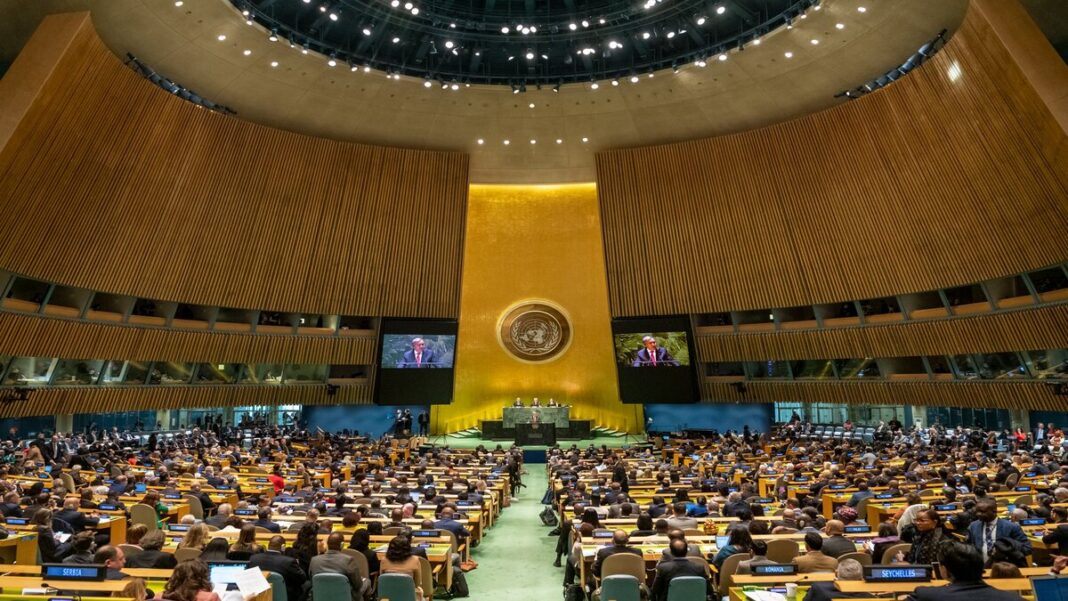UNITED STATES: On Wednesday, the United Nations exhorted governments to better handle one of humanity’s shared resources at its first conference on water security in nearly 50 years.
The United Nations said that half of the world’s population lacks access to fundamental sanitation, and a quarter of them rely on unsafe drinking water. Meanwhile, water has been a factor in nearly 75% of recent catastrophes.
“We are draining humanity’s lifeblood through vampiric overconsumption and unsustainable use and evaporating it through global heating,” said Antonio Guterres, United Nations Secretary General.
The United Nations has established a 17-point action plan for sustainable development, which includes ensuring access to clean drinking water and sanitation facilities, eradicating hunger and poverty, achieving gender equity, and combating climate change.
The three-day conference starting on Wednesday in New York is not meant to result in a legally binding agreement like the one that came out of the climate talks in Paris in 2015 or a framework like the one planned for nature preservation in Montreal in 2022.
Instead, the goal is a “Water Action Agenda” that includes voluntary pledges and builds “political momentum.”
The United States stated that it would spend $49 billion on water and sanitation both at home and across the world.
Linda Thomas-Greenfield, the U.S. ambassador to the United Nations, said this funding will “help create jobs, prevent conflicts, safeguard public health, reduce the risk of famine and hunger, and enable us to respond to climate change and natural disasters.” She didn’t provide a timetable for the investments or specifics on where or how much money would be spent.
Hundreds of action plans were submitted to the U.N. before the conference began, but the research team at the World Resources Institute stated that while “some commitments offer inspiration, more of them miss the mark,” lacking variably in money or performance goals or failing to address climate change.
Two projects in particular received praise from WRI: one that will invest $21.2 million through 2029 in “climate-smart” agriculture and wetland restoration in the rapidly becoming arid Niger River basin, and another from 1,729 businesses that estimates they can make water-related investments worth $436 billion.
The Global Commission on the Economics of Water, a group of scientists, economists, and policy experts assembled by the Dutch government, made recommendations for the phase-out of about $700 billion in agricultural and water subsidies as well as forging partnerships between development finance organizations and private investors to upgrade water systems.
Also Read: Acer Launches India’s First AMD Ryzen 7000 Gaming Laptop with NVIDIA Graphics



